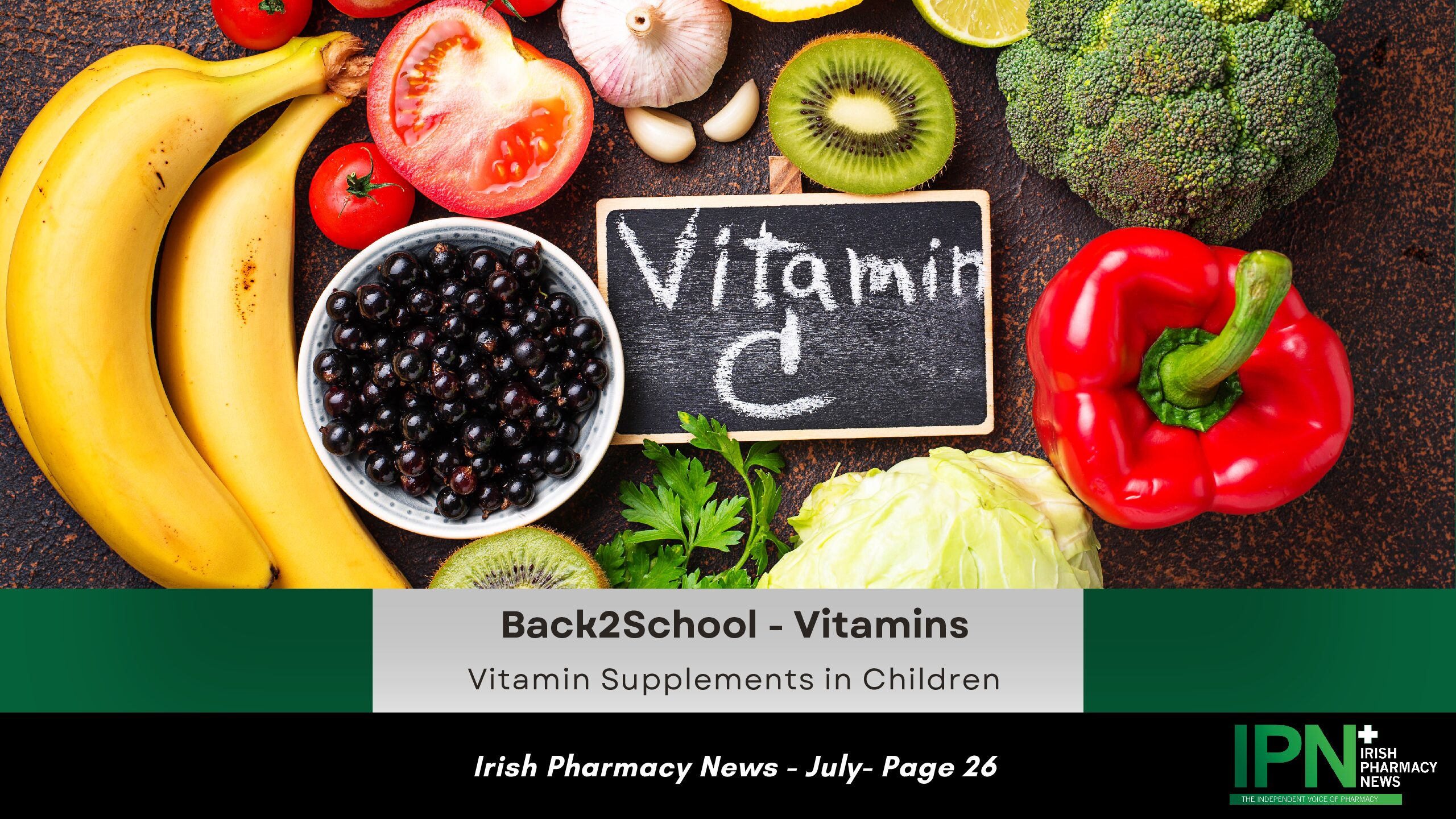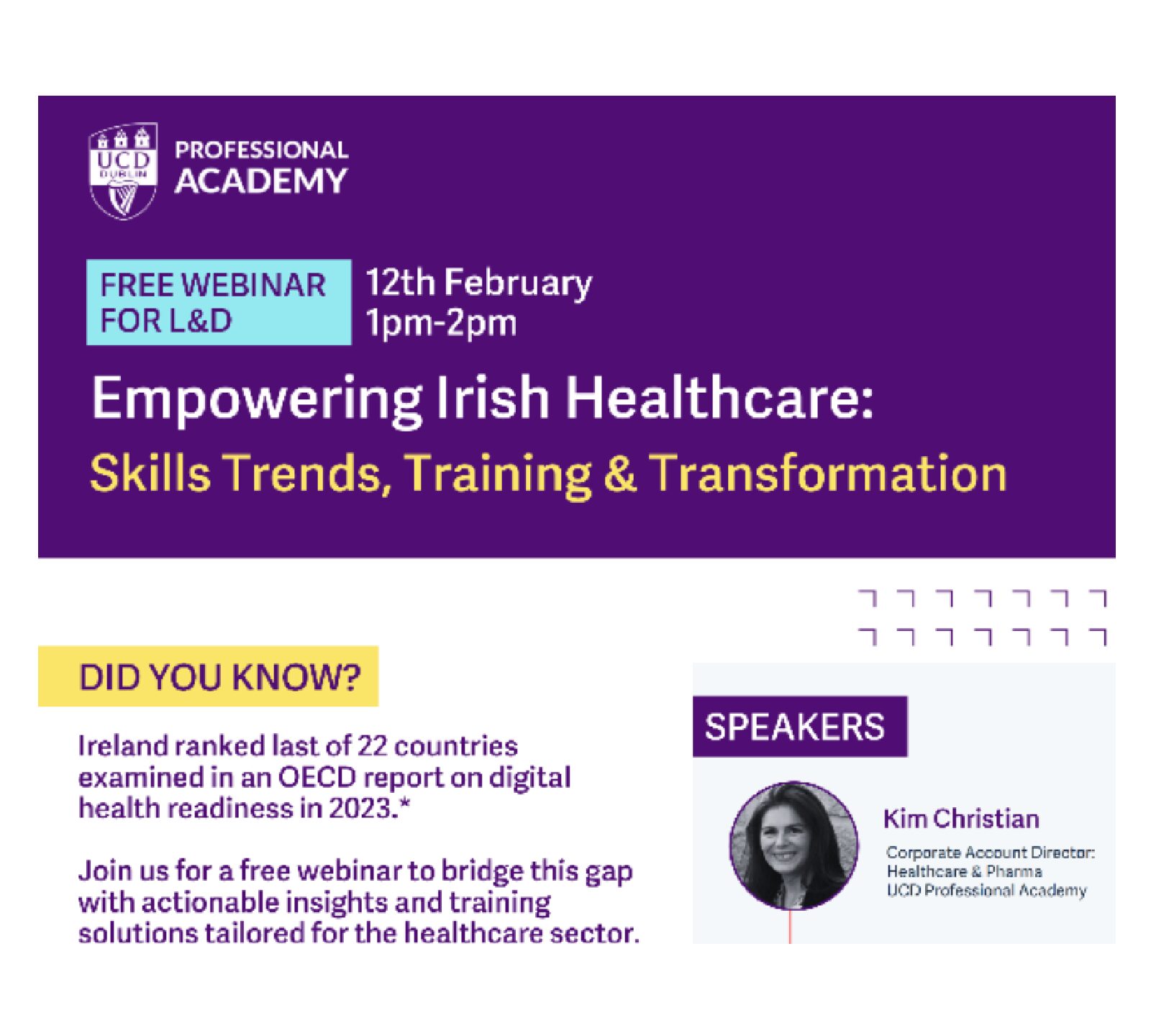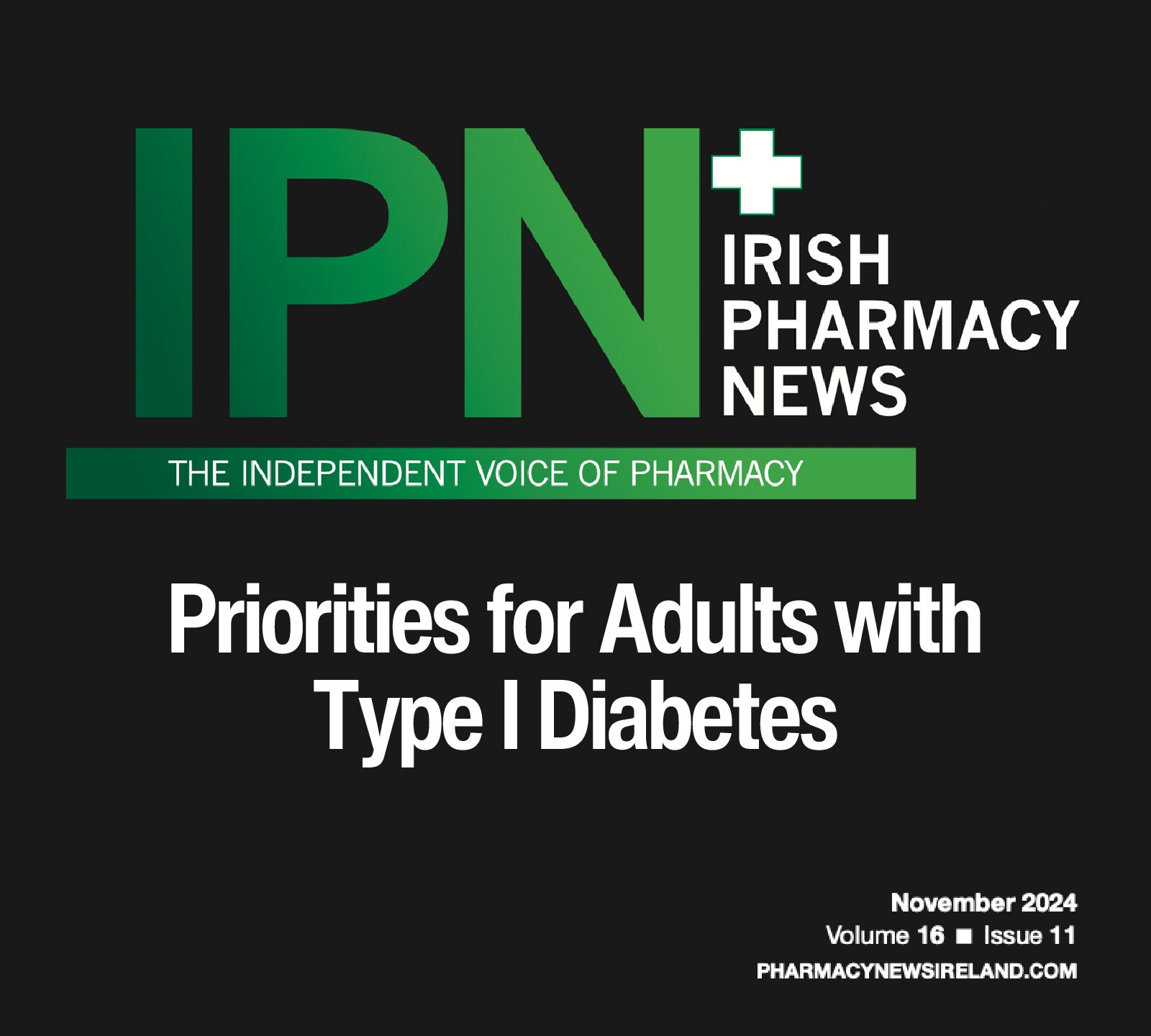Vitamin Supplements in Children
To supplement or not to supplement? That is the question
Vitamins and minerals are important for healthy growth and development in children. Children who eat a well-balanced diet usually do not need a vitamin or mineral supplement. However, some children are at risk for deficiencies and may need a supplement.
When to Vitamin Supplement
Children who follow vegetarian or vegan diets may need to supplement with vitamin B12 since it’s only found in animal-based foods. Children who have coeliac disease are at a higher risk for nutritional deficiencies and may need supplements. Additionally, children who have a poor appetite, drink a lot of sugar-sweetened beverages, take certain medications or have chronic medical conditions that interfere with intake may need a supplement.
Important Considerations
Parents should strive for a wellrounded diet to ensure their child meets the daily recommended vitamin and mineral intakes. A balanced diet includes dairy or dairy alternatives, fruits and vegetables, whole grains and protein foods such as poultry, fish, eggs, nuts and legumes including beans and lentils. While all vitamins and minerals are important for growth and development, some are especially critical for children.
Vitamins, minerals and supplements (VMS) have always been an important category in the pharmacy with various benefits for not only adults but children of all ages from birth right up to the elderly.
It is generally recommended that all children aged 6 months to 5 years are given vitamin supplements containing vitamins A, C and D every day. Babies who are having more than 500ml (about a pint) of infant formula a day should not be given vitamin supplements. This is because formula is fortified with vitamins A, C and D and other nutrients.
Babies who are being breastfed should be given a daily vitamin D supplement from birth, whether or not mum is taking a supplement containing vitamin D herself.
Vitamin D
Babies need vitamin D for healthy growth and development. It helps them build strong, healthy bones and teeth.
Babies who don’t get enough vitamin D are said to have a deficiency. If the levels are low enough, they are at risk of getting rickets, a disease that affects the way bones grow and develop.
The recent re-emergence of rickets (a severe form of vitamin D deficiency causing deformity of the bones) amongst infants in Ireland indicated the widespread low levels of vitamin D in the Irish population. FSAI recommendations
The recommendations are as follows:
1. All babies living in Ireland should be given a vitamin D only supplement providing 5µg Vitamin D from birth. This is necessary because babies aged 0-12 months are at high risk of vitamin D deficiency, due to their rapid growth rates during this period.
2. Supplements that provide only vitamin D and are in a suitable form to be given to infants should be used to supplement infants in Ireland. The daily amount of vitamin D provided by such supplements should be 5µg per day.
3. Health professionals and parents need to be made aware that vitamin D deficiency is prevalent in Ireland, particularly among dark-skinned infants and young children.
Vitamin A is important for babies and young children, and some may not be getting enough.
It’s needed for a healthy immune system, can help their vision in dim light, and keeps skin healthy.
Good sources of vitamin A include:
• dairy products
• fortified fat spreads
• carrots, sweet potatoes, swede and mangoes
• dark green vegetables, such as spinach, cabbage and broccoli
Vitamin C
Vitamin C is important for child’s general health and immune
system. It can also help their body absorb iron.
Good sources of vitamin C include:
• oranges
• kiwi fruit
• strawberries
• broccoli
• tomatoes
• peppers
Calcium helps build strong bones as a child grows. Good sources include milk, cheese, yogurt, tofu, and calcium-fortified orange juice.
Iron builds muscle and is essential to healthy red blood cells. Iron deficiency is a risk in adolescence, especially for girls once they begin to menstruate. Good sources include beef and other red meats, turkey, pork, spinach, beans, and prunes.
Megavitamins – large doses of vitamins – aren’t a good idea for children. The fat-soluble vitamins (vitamins A, D, E, and K) can be toxic if kids get too much of them. The same goes with iron.
For children and teens with highly selective diets, such as vegetarianism or a dairy-free diet, and for children with erratic eating patterns, you can recommend a daily supplement. Over-thecounter vitamin supplements are typically safe and come in chewable forms in case a child has difficulty swallowing.
Remember, however, that higherthan recommended dosages of supplements can cause problems. For example, giving high doses of vitamin C in hopes of preventing colds and the flu can cause a child to have nausea, diarrhea, and cramps.
Children’s vitamins and supplements may come in fun colours and shapes, but they are not candy. Make sure parents are able to communicate with their child that vitamins are a kind of medicine—not a snack. They should also always follow label instructions about serving size and dosage instructions.
Read IPN July
Read our Latest Features











